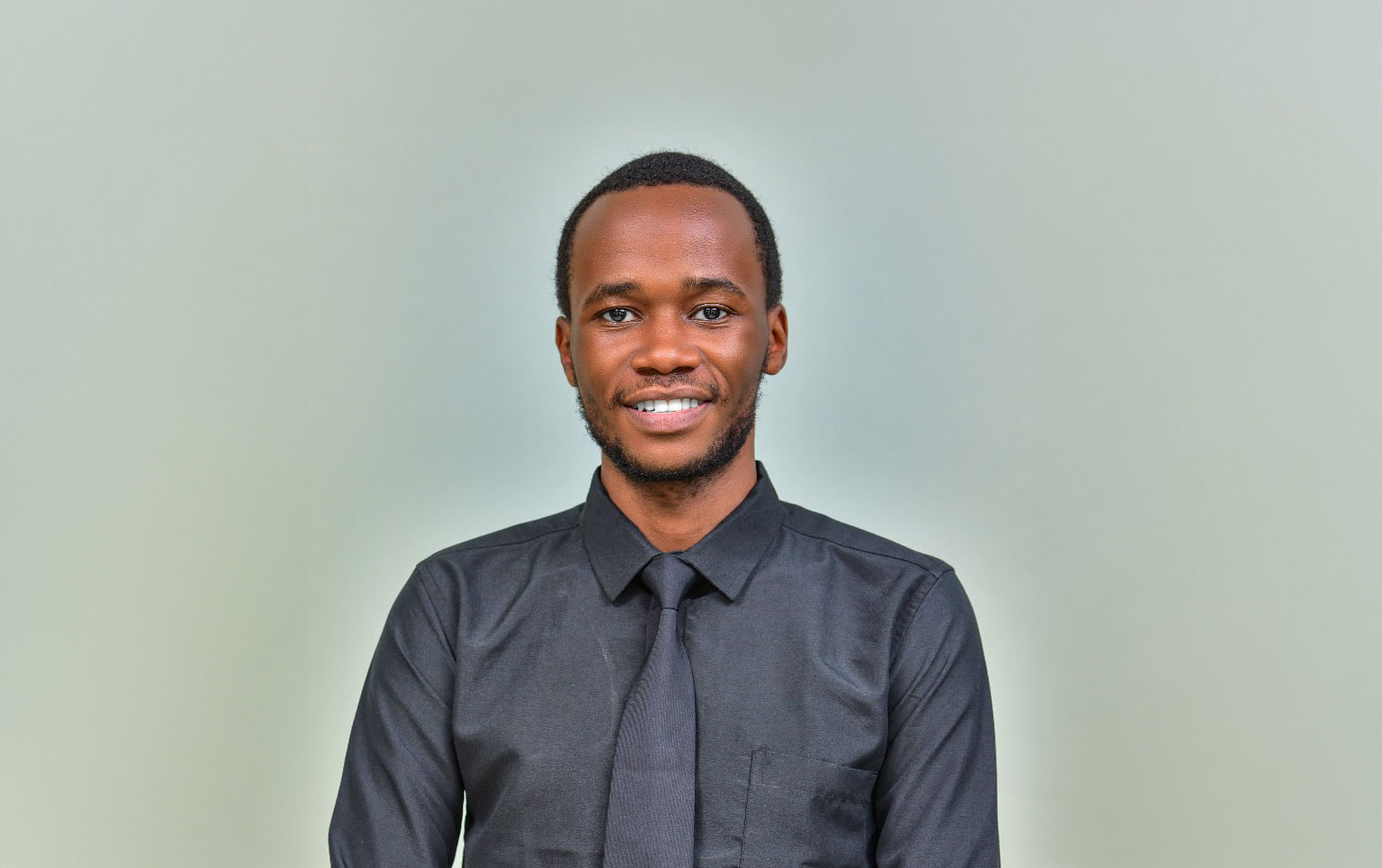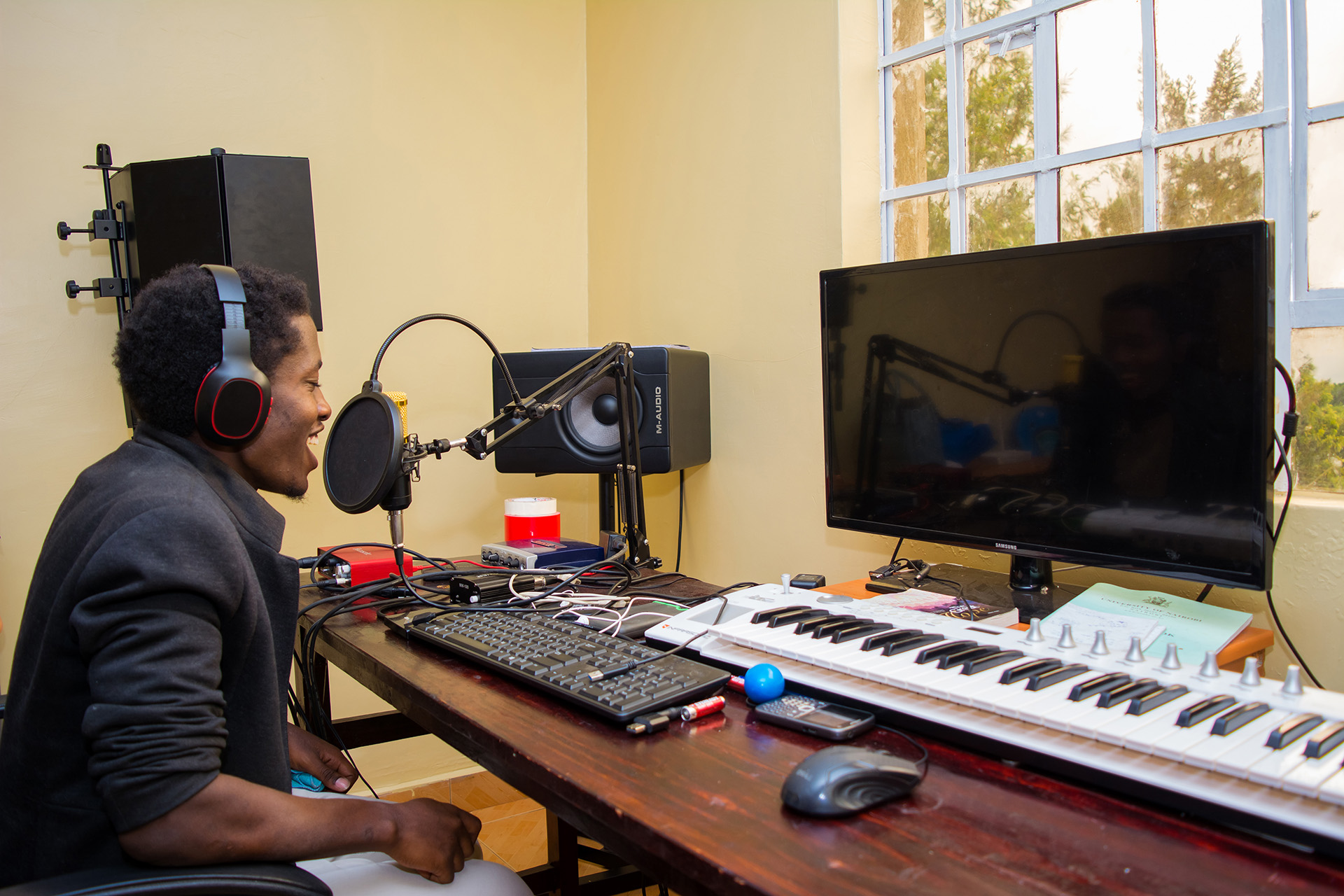In part I of this interview, we caught up with Joseph Waruiru, a Lapid and DeKUT Alumni, and now the Team Lead of Talent and Change at Cedar Group Africa, for some insights on the topic. We saw his journey with DeKUT, his Journey with Lapid Leaders, and his journey at his current workplace. As someone with a background in Computer Science, and now working in what is Primarily Human Resources, Joseph is a perfect example of the lives awaiting the majority of university students. There is no guarantee that we shall work in fields directly related to our backgrounds. Neither is that a problem. It is about perspective and whom we walk with, as we saw in part I of this interview.
So let us pick up from where we left off last time:
Interviewer: A lot of us want to make it on our own and make it overnight. That is the pressure of our generation. What is your response to this in the context of our conversation today?
I agree that in most cases, young people think we can make it on our own. We want to be the self-made overnight millionaire or entrepreneur, but in the truest sense, we need a community of people who work around us. One of the key things that helped me, especially in growing my career, was working with a Coach. This is my Coach, whom I met at Lapid. Since 2017. I have been working with the coach and until today, I still have coaching sessions. The importance of this is being able to work with someone who has gone through the journey that you want to go through. They can see what you cannot see. That has been truly helpful in my decision-making, both personally and career-wise. Maybe you are facing challenges and you need someone to talk to, who can understand. This has also helped me look at myself and challenge myself to grow even better. I also know someone who just moved to Canada, and got the job by cultivating good relationships with their lecturers. So something I shall say would have done better if I went back to school was to cultivate a very good network with the lecturers.
So I think in a very broad sense, the Lapid community has helped me. I got my job through the community. Many jobs are not advertised but are shared in networks.
Secondly, having a community around you helps develop your self-awareness. People around you are also able to identify what you are good at. Therefore, they are also able to recommend opportunities to you. This can be your peers or even your mentors.
The world is moved by relationships, and by how much we put ourselves out there.
It is a myth for anyone to think that they can make it on their own.
Interviewer: Talk to us about being bold in a rapidly changing world. How has being bold contributed to you getting opportunities?
I will give an example with lecturers. We look at them like these authoritative figures; we either like them or hate them. We just make judgments about them that are informed by our limited experiences. How can we build our boldness?
I think that this is a very important question. There is actually a word for it. I think it is called transactional analysis in psychology, where relationships are parent and adult, parent-child.
Unfortunately, for most young people, especially when dealing with people in authority, we assume the role of a child. That means that we shrink. We are not able to ask for opportunities and so we just have a relationship where we say, “Let them stick on their lane, and I will stick on mine”
But I have to say that for me, boldness has really has truly helped because like, even in my current workspace, what I did very early when I was an intern, I approached my boss and asked them to mentor me. Yes, I know I am working for you, but I also want to be having mentorship conversations and when there are opportunities, I would also want to be considered. I am willing to learn. That step really contributed to my growth because it is what made what happened in my career now possible.
My boss used to take me to opportunities. Maybe I am just an intern; sometimes I do not have a lot of work. She goes for a meeting, she drags me along and tells me your role here is to sit, listen and write minutes, summarize what has been discussed. Such opportunities help you realize that maybe your listening skills are not as good as you thought they were.
Later she would guide me and tell me the kind of things I should be listening for in meetings.
I would give to students here to be bold. Ask that question. Look stupid for a minute, and redeem yourself a host of times. Understand that where you are going, someone has gone ahead of you. Take advantage of that.
You need to work with people who have gone ahead and can show you the ropes, who can show you the journey, and even who can introduce you to the right people. So do not shy away from speaking to your lecturers. Do not shy away from speaking to even people whom you might see to be an authority.
In addition, go with an attitude of adding value not of just being helped. Be aware of the needs of the person from whom you are seeking mentorship. Young people make the mistake of approaching someone to be a mentor and then expecting them to run their relationship, expecting them to be calling them. You are running the relationship.
Additionally, You get to know yourself better, you get to understand even what you can do better, and opportunities that are there for you if you’re taking advantage of people that are in your communities.
This is what boldness does for you.
So what are some of the ways you and say working with a mentor has enabled you to stay ahead in a rapidly changing world?
First, first is self-awareness. So working mentor means you. Have someone who can tell you things as they are. You know, sometimes our peers sort of may have compassion on us that they are not ready to tell you the truth about a circumstance or challenge you. A mentor on the other hand will question you and from that position, you get to gain a very high level of self-awareness and grow.
You get an advantage from their experience, so think about it. A mentor has gone through their life and has made their mistakes. They can look back and see what they would have done better, and now they are able to advise you when you are making the same mistakes.
Sometimes when I get overwhelmed at work, I call my mentor. They have even more crazy schedules, so how do they make it? They tell me that I have just begun. A day is coming when I shall need to balance so many more responsibilities. Thus, they guide me on how they go about their own packed life.
I encourage every student here to reflect on the conversation we have had around the power of mentorship, community, and being bold. That is how you thrive in a rapidly changing world.
Conclusion:
After this insightful interview, Joseph answered a few more questions from the students, after which we closed the chat.
So there you have it. Staying ahead in a rapidly changing world is a function of many things working together. It is building our self-awareness, working with mentors, and staying within supportive communities. For the Guest Speaker, the majority of these needs have been met through Lapid Leaders Africa.
Thus, if anyone is curious about how they can join the Lapid Leaders Community, head over to our website for details on how to join the program.
Interview conducted and reported by Risper Wanja, Lapid Alumnus and current Growth Associate at Lapid Leaders.



